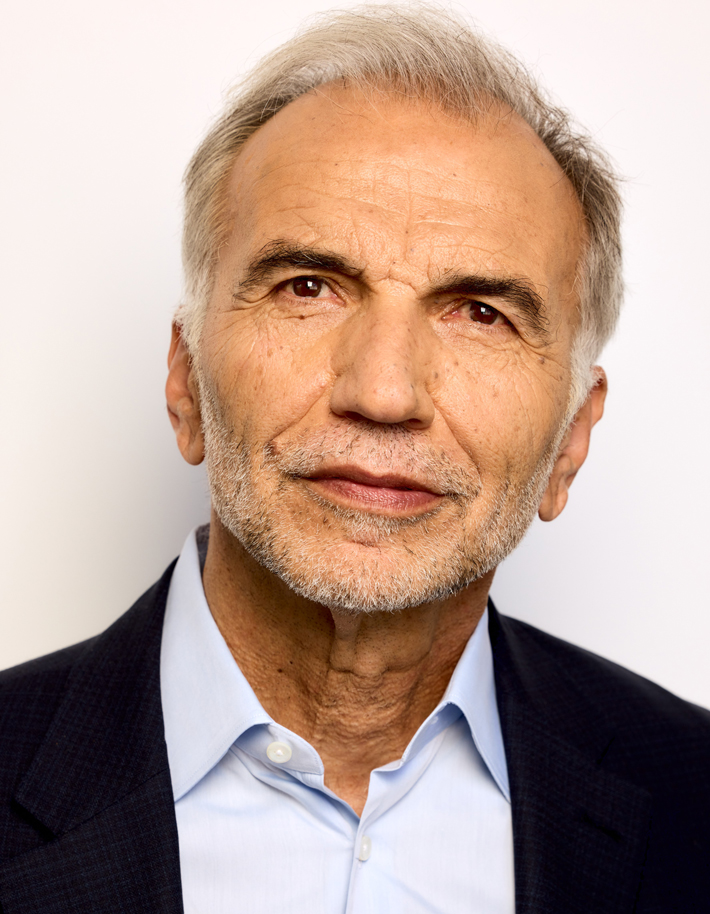Cannon Lecture Series
"Homelessness Services at a Crossroads: What Happens When Evidence and Policy Collide?"
Tuesday, Jan. 27, 2026 | Noon-1 p.m.
Law Center, McQuade Law Auditorium
Housing First (HF) is increasingly at the center of national debate. The president’s executive order on homelessness, “Ending Crime and Disorder on American Streets,” calls for eliminating funding for Housing First and permanent housing programs, while expanding law enforcement and mandated treatment approaches. This policy direction stands in sharp contrast to two decades of research demonstrating the effectiveness of HF in reducing homelessness and improving outcomes. This presentation will explore: 1) the competing policy narratives shaping the national debate over Housing First; 2) the legal, ethical, and practical consequences of replacing housing solutions with enforcement-based approaches; and 3) lessons from communities that have successfully scaled Housing First system-wide.

Dr. Sam Tsemberis
Dr. Sam Tsemberis is the founder and developer of the Housing First model, built on the belief that housing is a basic human right. His groundbreaking approach has transformed homelessness services and been adopted in cities across the United States and around the world.
A clinical-community psychologist, Dr. Tsemberis serves as CEO of the Pathways Housing First Institute and as Clinical Associate Professor in the Department of Psychiatry and Biobehavioral Sciences at UCLA. He has authored numerous articles and two influential books on homelessness, mental illness, and addiction.
Dr. Tsemberis has been widely recognized for his contributions, receiving honors from the National Alliance to End Homelessness, the American Psychiatric Association, the American Psychological Association, and the Government of Canada. In 2024, TIME named him one of the TIME100 Most Influential People in the World.
About the lecture
This free, public lecture is part of the Cannon Lecture Series that was established in 1980 to honor former Toledo attorney Joseph A. Cannon. The series hosts nationally known individuals who explore both the humanistic dimensions and limitations of our legal system. For a list of guest speakers and lecture videos from previous years, please visit our past speakers page.
Parking
McQuade Law Auditorium is on the main level of the Law Center — located at 1825 West Rocket Drive, immediately inside the UToledo West Entrance off of Secor Road and south of Bancroft Street.
There will be a limited amount of free parking reserved in lot 12W for the lecture. Outside of that, you will need a guest permit which can be obtained at guestparking.utoledo.edu. Alternatively, you can use the ParkMobile app in most areas on campus which allows you to pay for short term parking.


